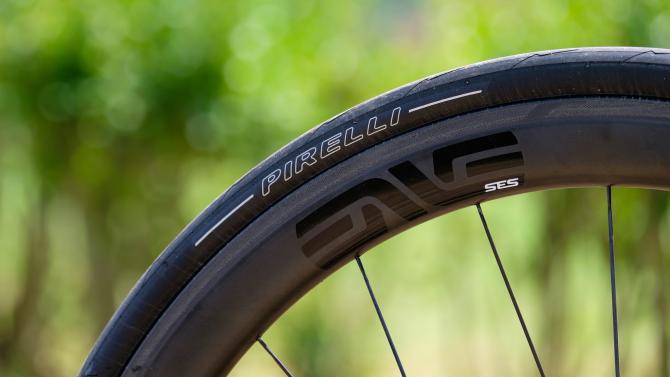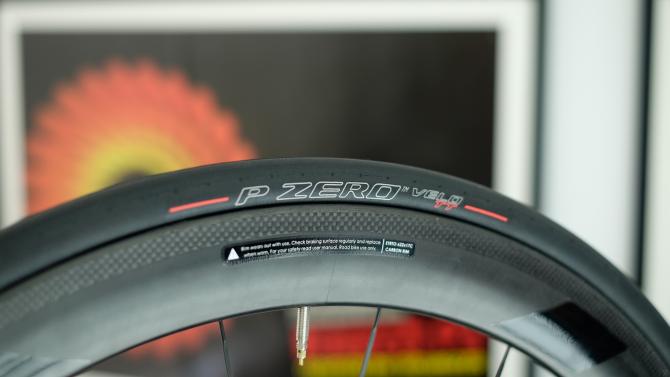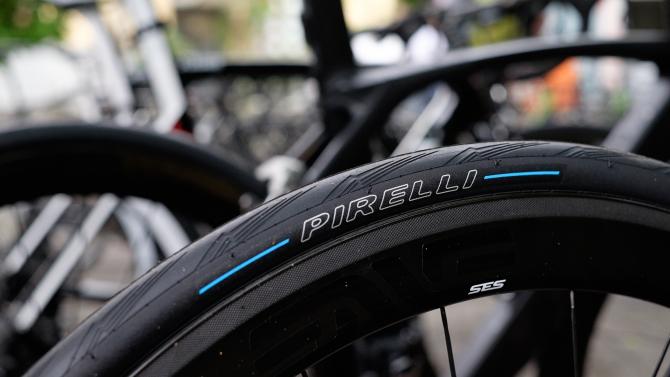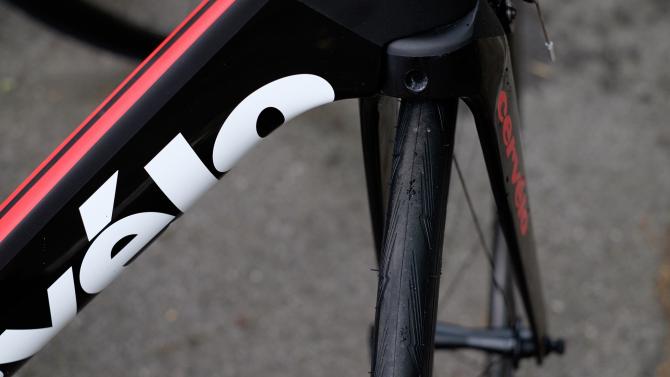The tyre everyone is talking about — Pirelli's PZero Velo range
Tyre giant drops its three clincher range and we've ridden them
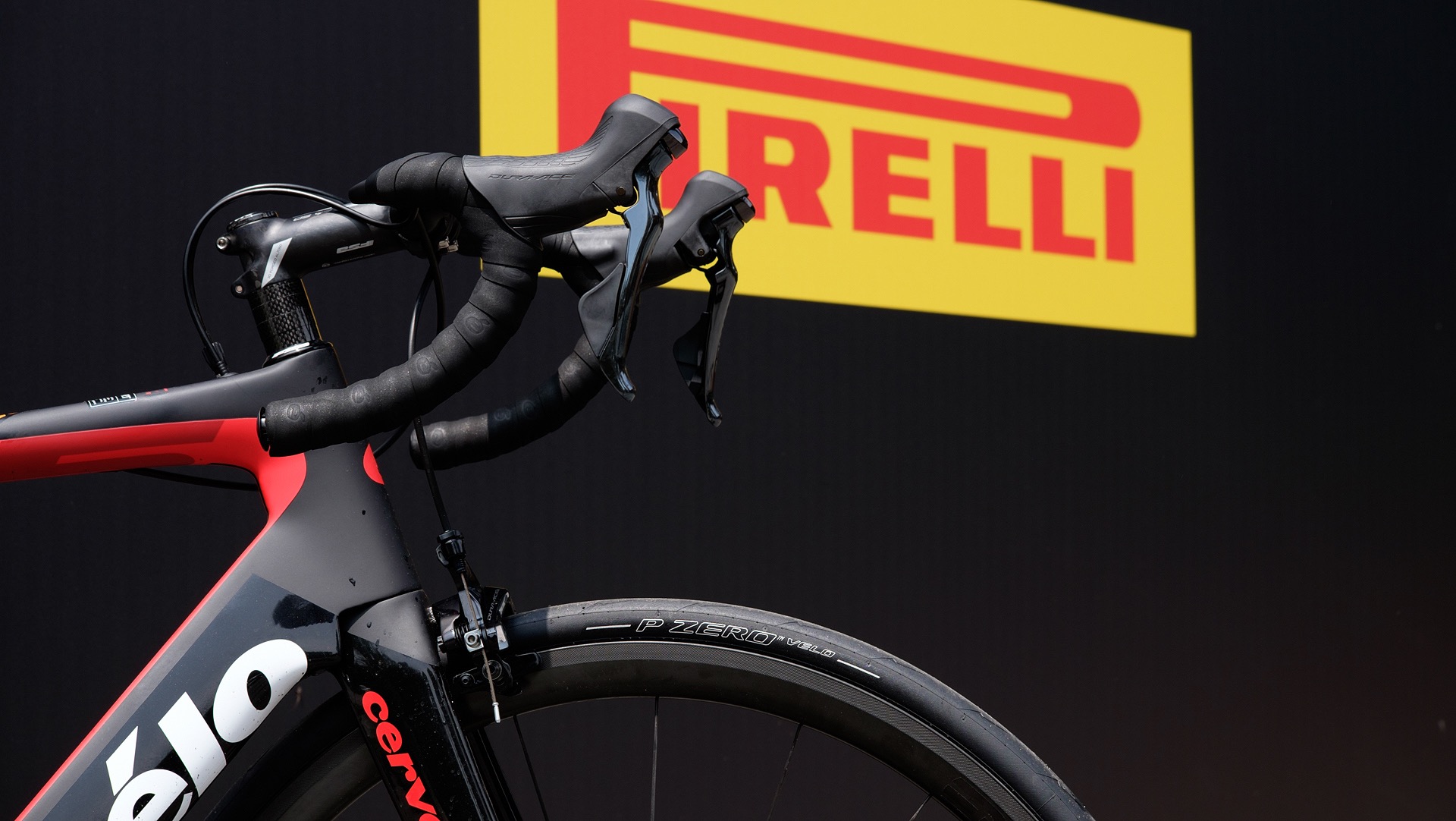
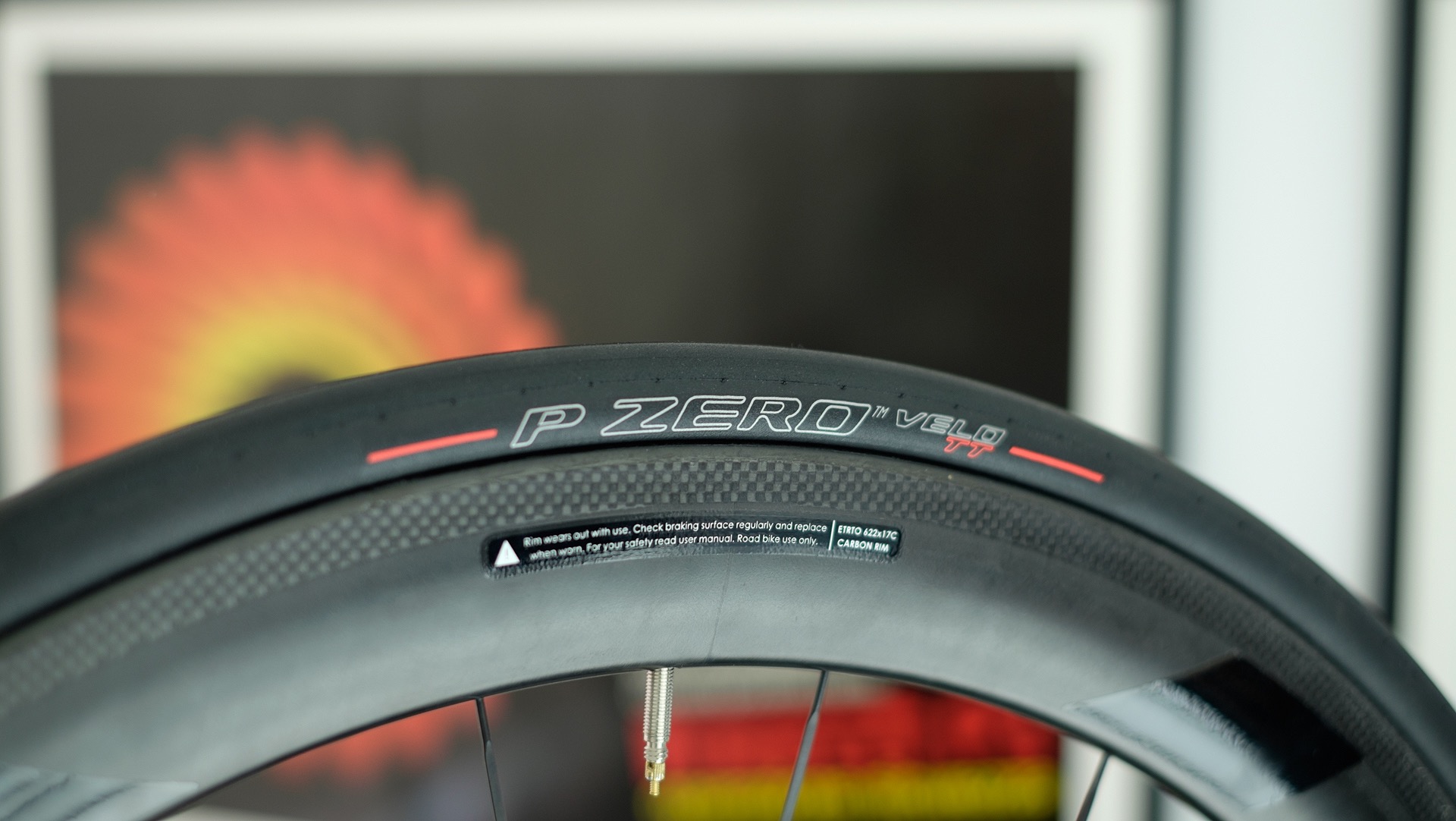
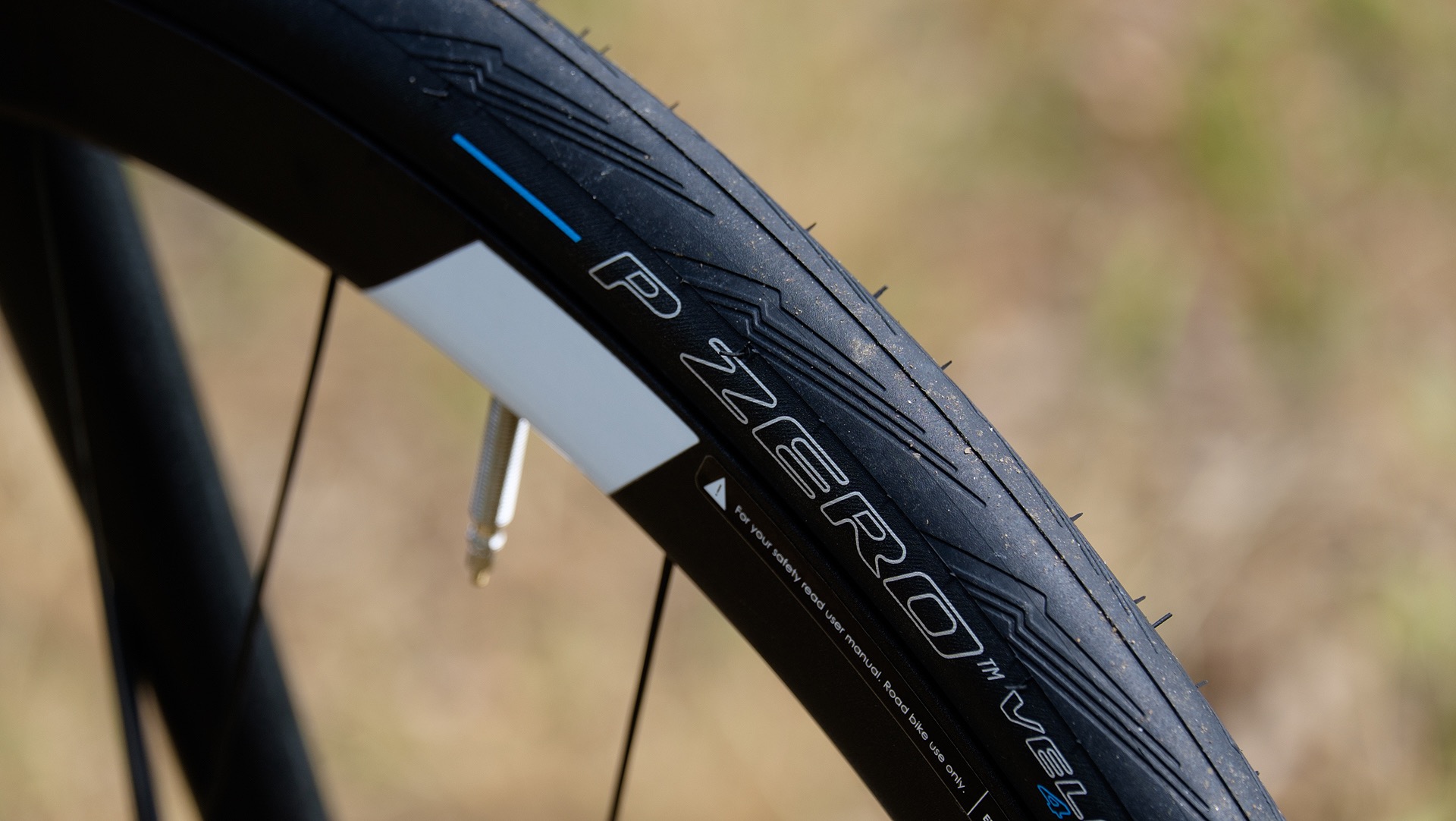
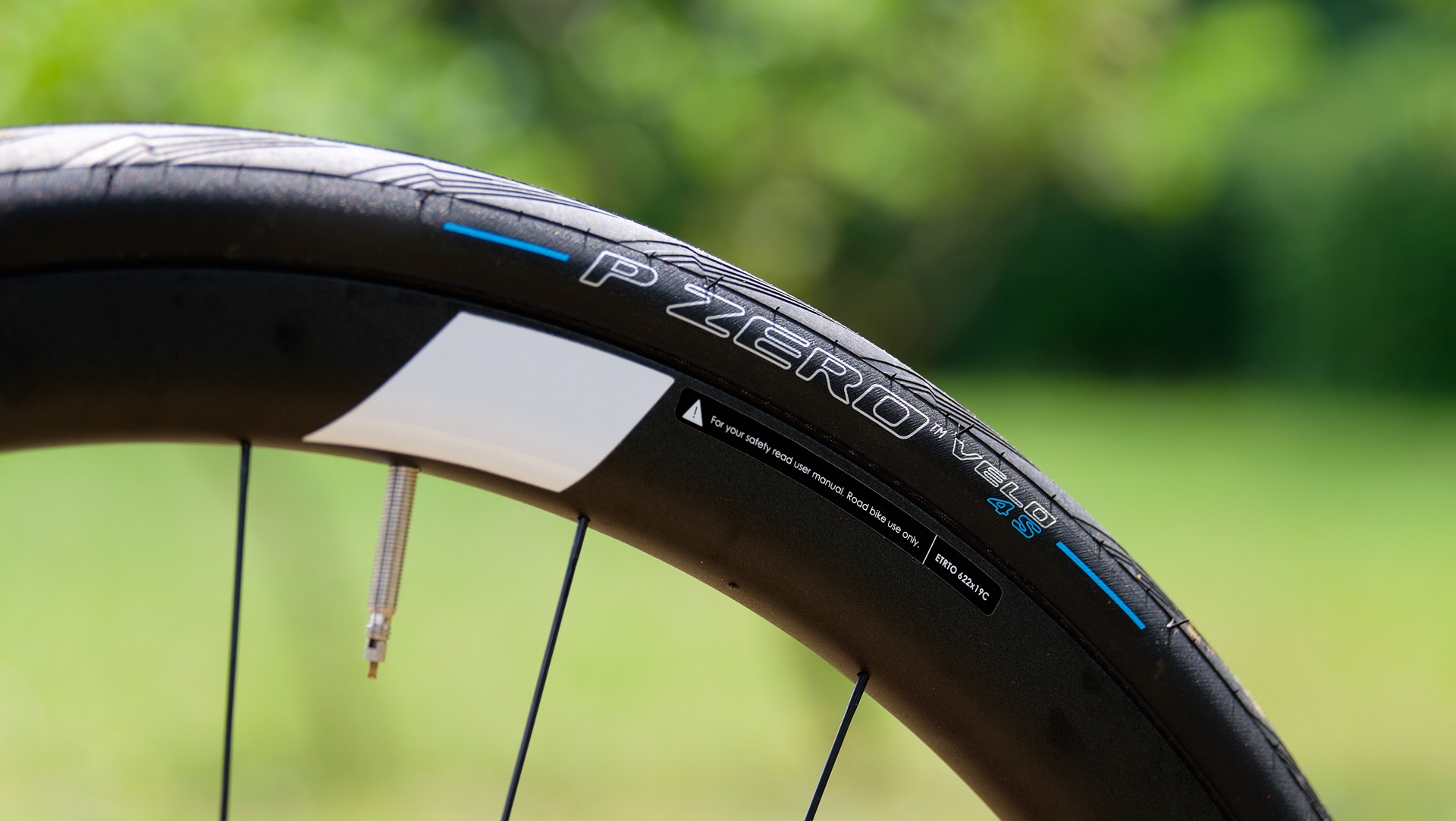
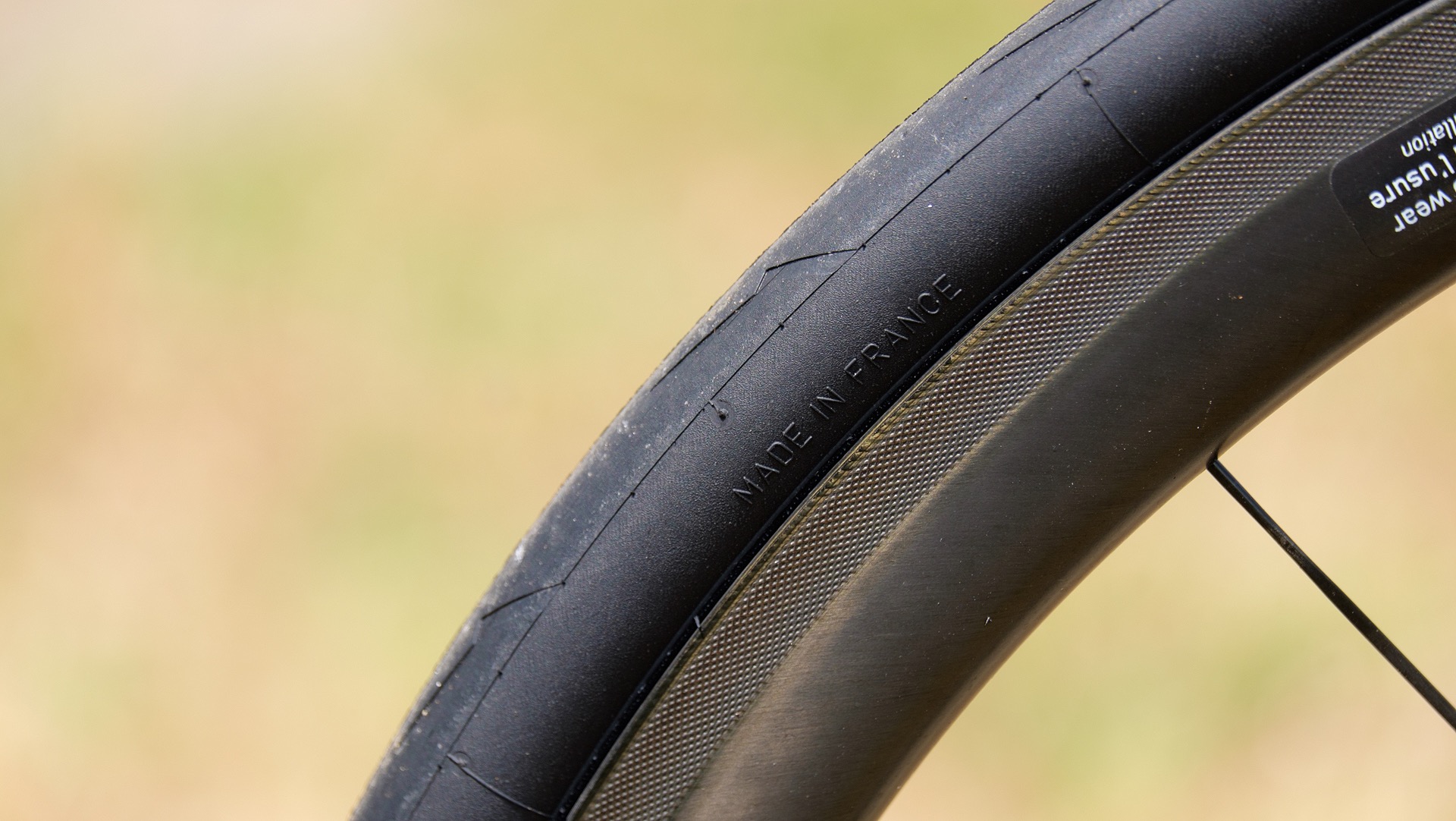
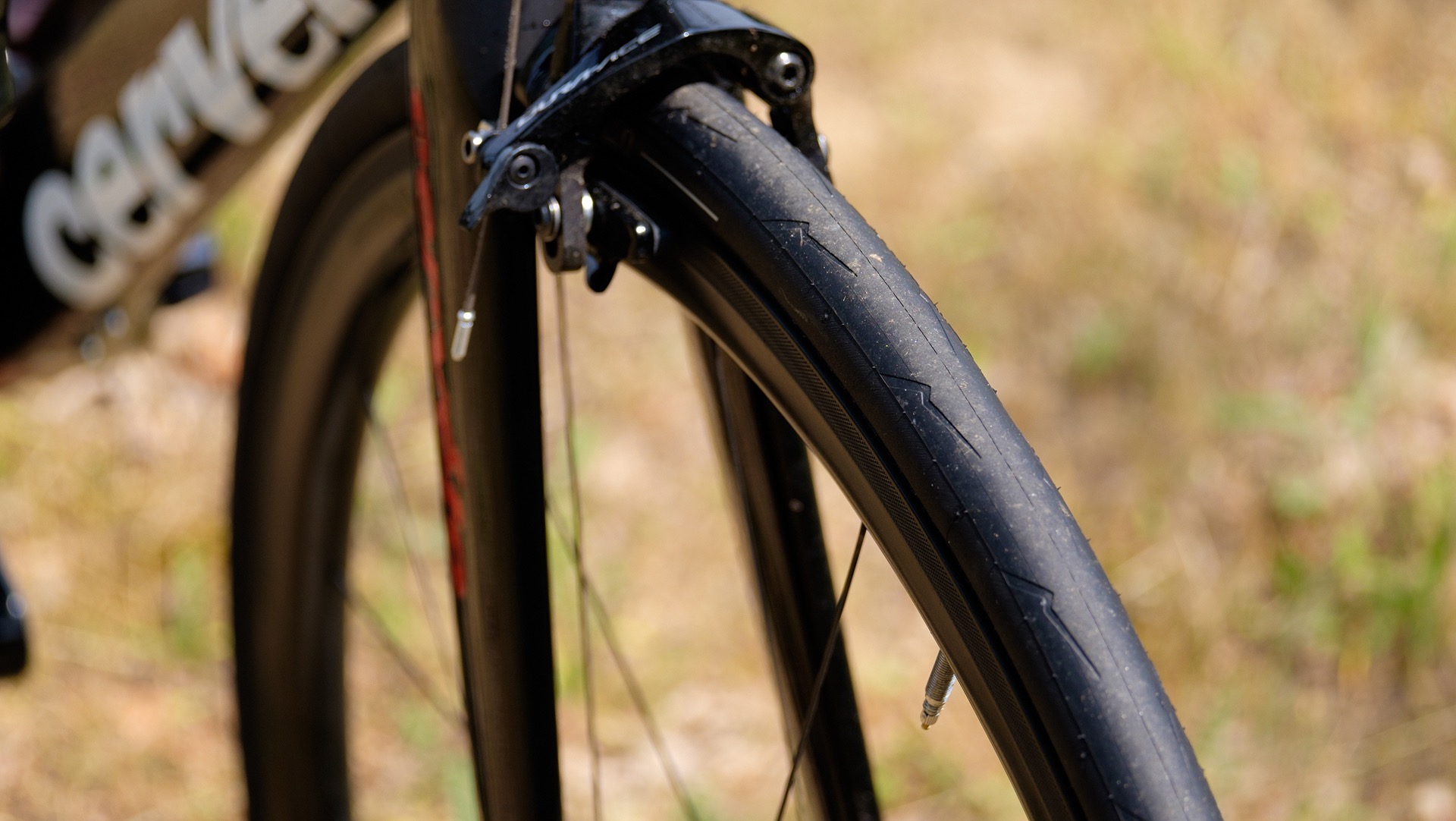
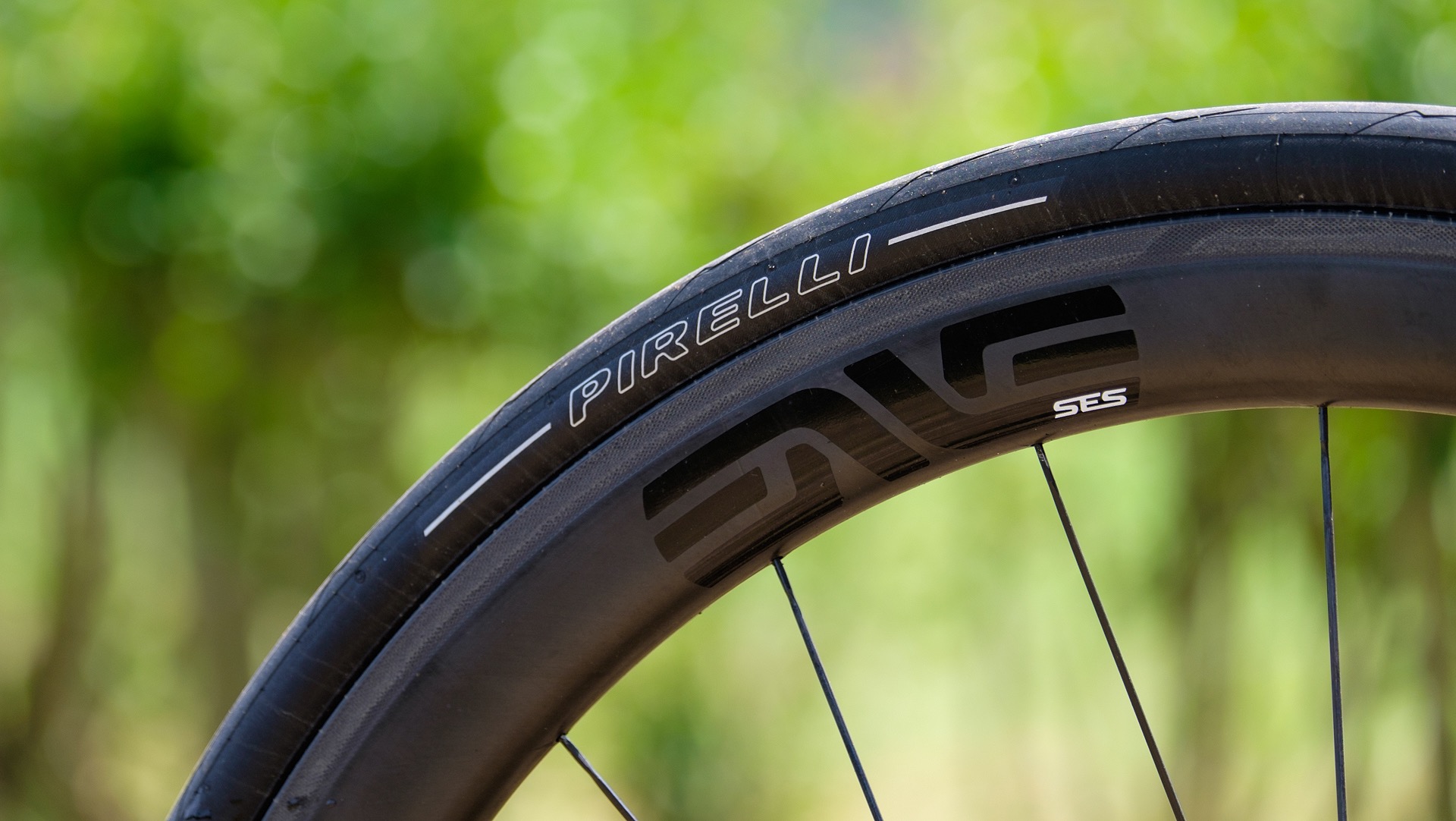
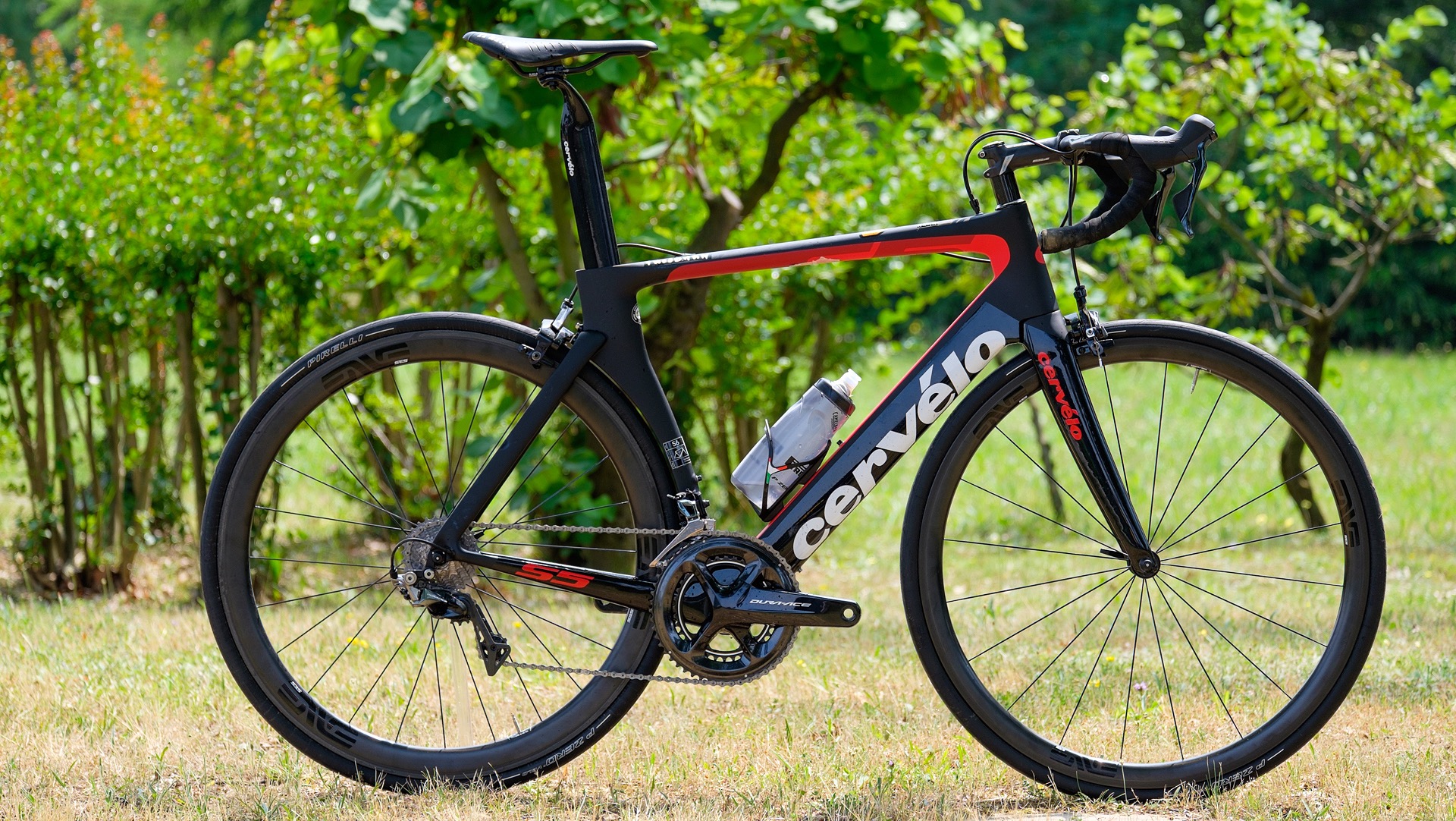
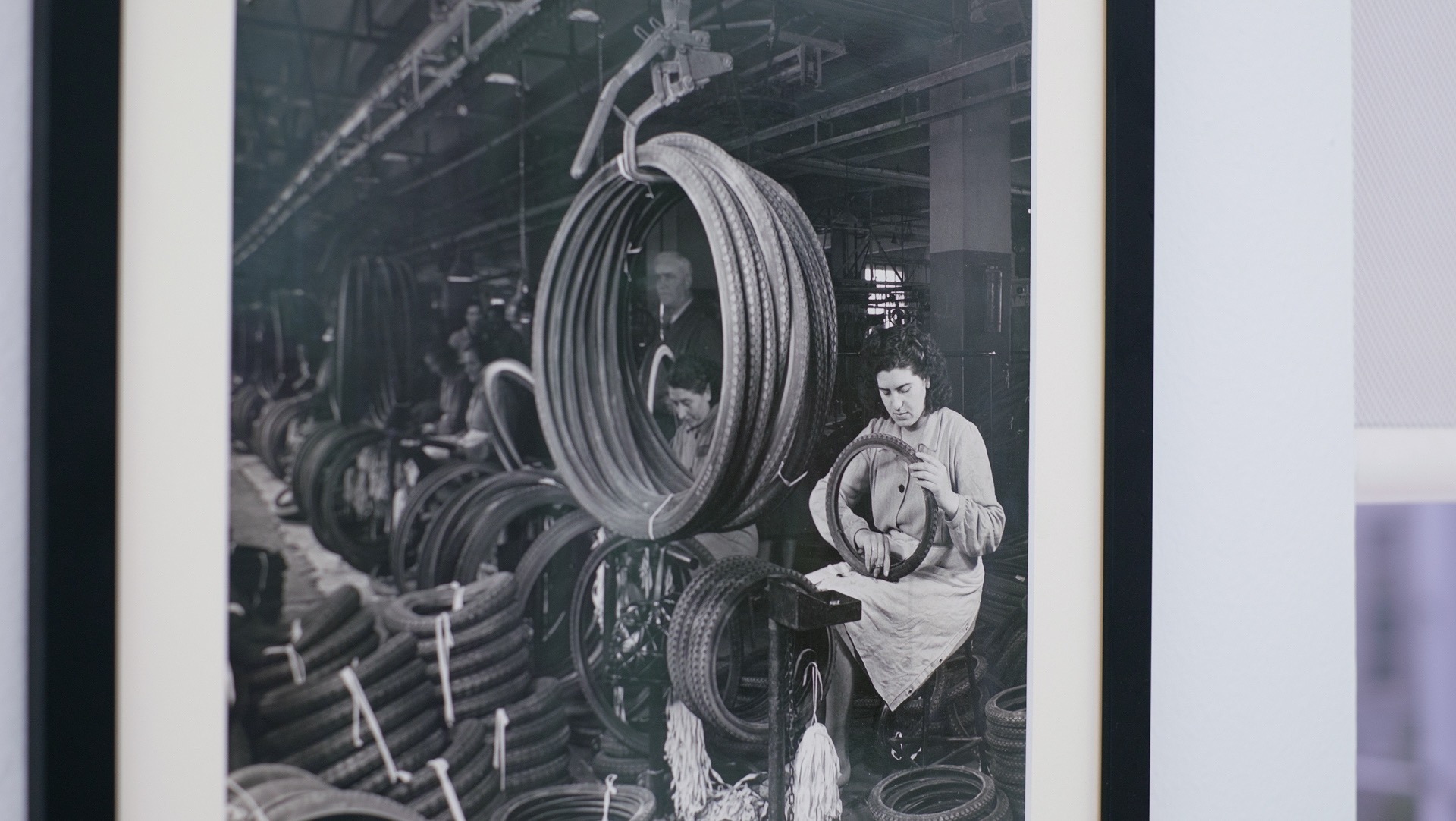
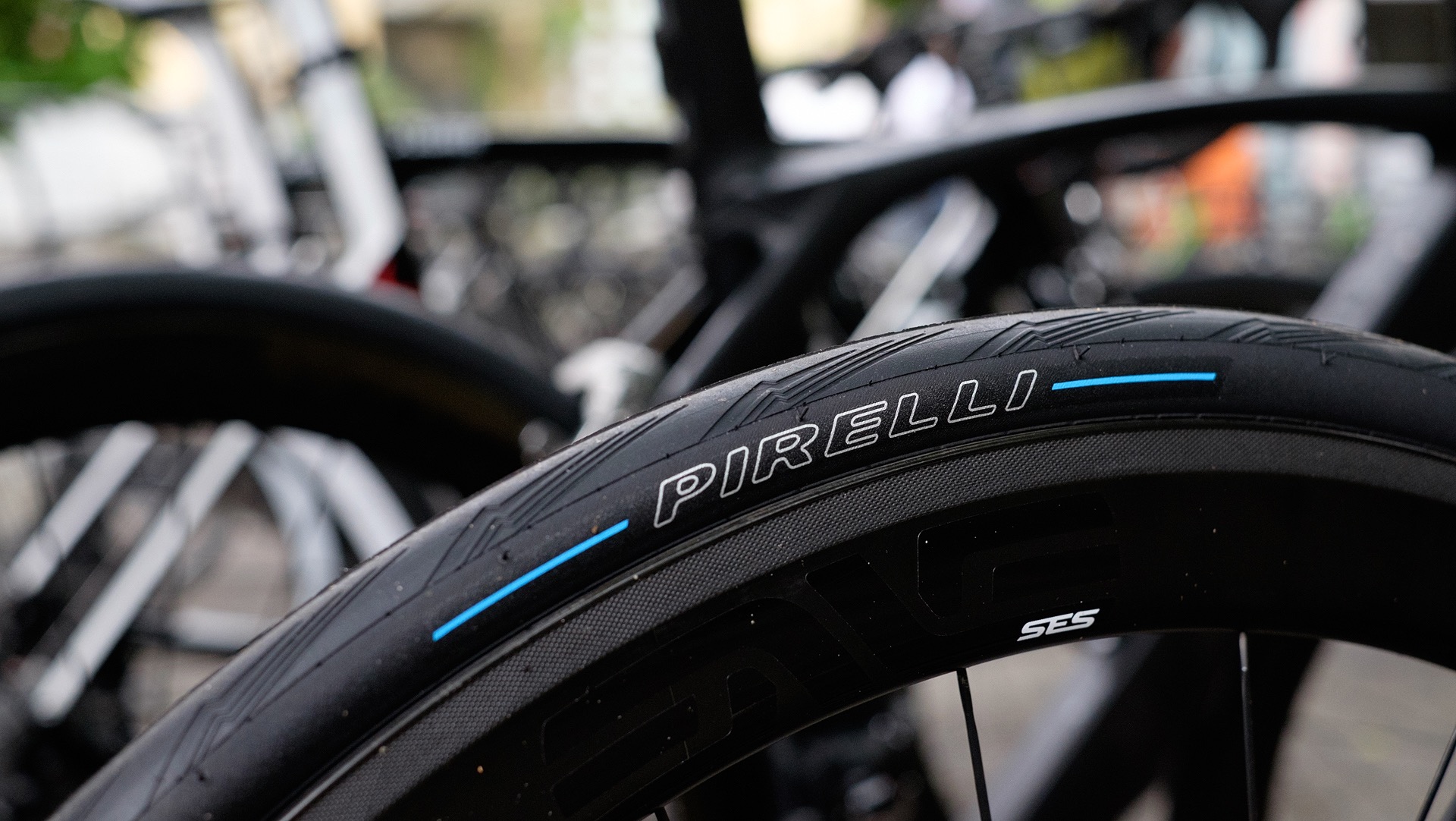
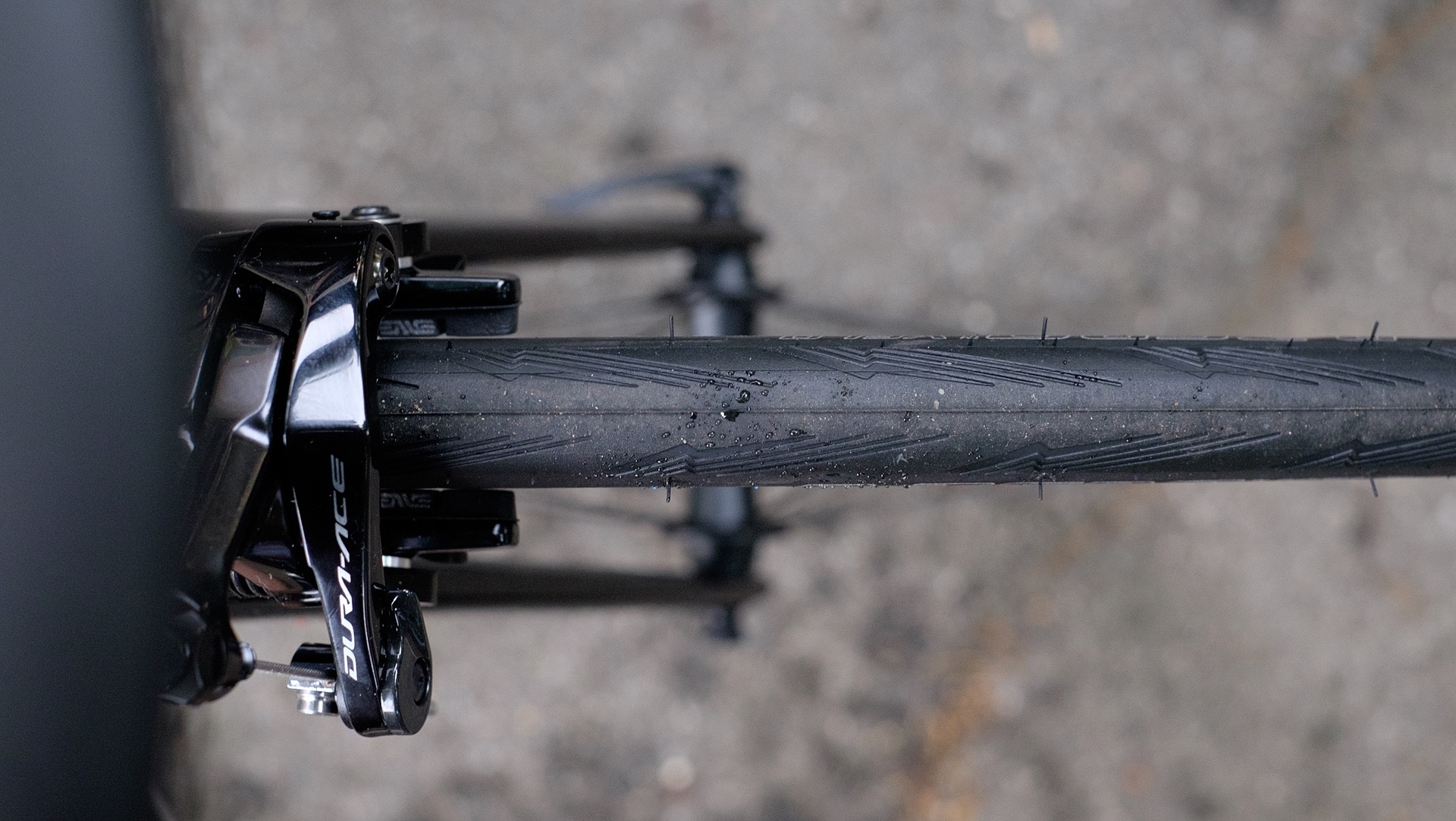
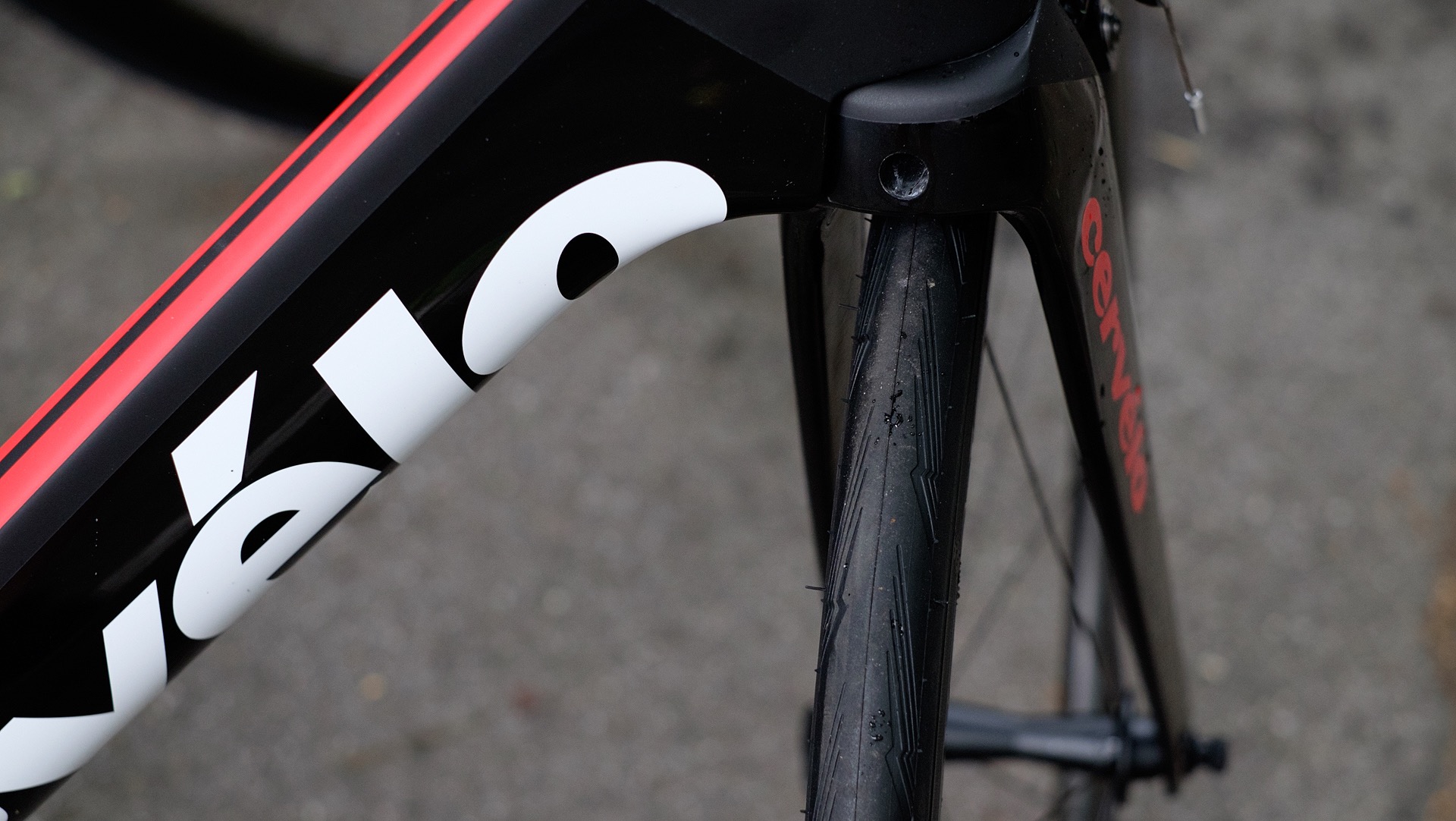

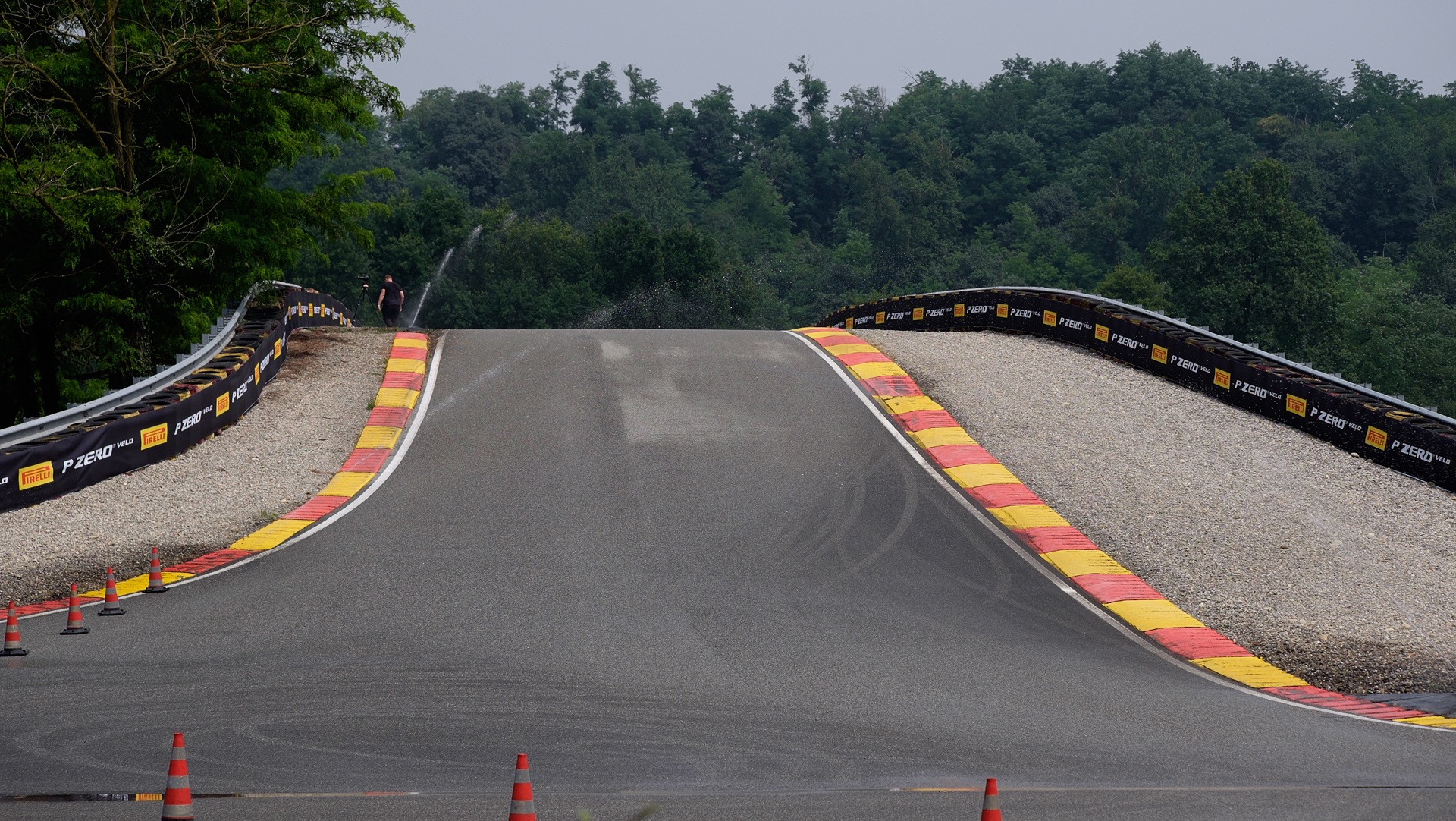
This story originally appeared on Bikeradar.
It was only last month that performance tyre specialist Pirelli announced its return to the world of bicycle tyres. Then, three new clincher tyres were promised in a range that shared its name with that of the company's Formula One tyres.
Hot off the back from a trip to the company's development and testing facilities in Milan, Italy, we are now ready to give you the lowdown on the range plus initial impressions of those highly anticipated black circles.
A lot of us won't remember the first time that Pirelli was involved with cycling, but the company's importance should not be underestimated. Take the first ever Giro d'Italia in 1909, for example, which saw a majority of competitors on Pirelli rubber.
Pirelli simply doesn't produce entry-level tyres, and its dominant presence in nearly all forms of motorsport means our expectations were high.
Pirelli PZero Velo range overview
Pirelli will offer three P-Zero tyres. All are clinchers and will retail close to the €43 mark (final pricing remains TBC). Each of the models inherits Pirelli's colour coded philosophy, using colours at the sidewall to distinguish between tyres for different conditions. The first stock is expected to land with distributors in August.
Pirelli PZero Velo
Indicated by its silver logo, the PZero Velo is the tyre that perhaps most will be interested in. Designed to work well across a wide range of weather conditions, the PZero Velo uses the same 127tpi casing as the other tyres but features an intermediate tread design that itself has migrated from Pirelli's motorcycle division, namely in the firm's Diablo Supercorsa tyre.
The latest race content, interviews, features, reviews and expert buying guides, direct to your inbox!
The tyre is sold in three sizes: 23mm, 25mm and 28mm. In its lightest form the PZero Velo comes in at 195g, while the 25mm version adds another 15g, its widest 28mm option totals a claimed 230g.
Pirelli PZero Velo TT
Pirelli's out and out speed tyre is easily distinguished by its red labelling and its totally slick tread pattern. It's also available exclusively in a somewhat unfashionable 23c size. Why? Because that's what the market still buys, says Pirelli.
The PZero Velo TT sacrifices a degree of puncture protection over the other tyres but saves a fair chunk of weight in the process, coming in at a claimed 165g.
Pirelli PZero Velo 4S
The blue label PZero Velo 4S is Pirelli's four-season choice, and it's one that has been built to cope with colder climates and less than ideal conditions. Its deeper, more substantial tread pattern builds on what was available on the regular PZero Velo. Likewise, it's also sold in the same three width options which come in at a claimed 205g, 220g and 250g, respectively.
The PZero Velo 4S also features more significant puncture protection than the regular PZero.
Compounds, glorious compounds
The headline tech for these tyres remains in the Smartnet Silica compound that's found throughout the tread on the entire range. Its 100% silica make-up claims to solve the age-old trade-off between rolling resistance and wet weather grip. Its molecules naturally place themselves into an order of elongated sticks rather than the traditional random spherical shapes found in other silicate-based molecules.
This directional positioning is claimed to make for a tyre with decreased rolling resistance and heat generation. It's also claimed to build on the impressive wet weather performance that silica compounds already offer.
What about tubeless?
Not yet is the answer. Even though Pirelli understands the market for tubeless road tyres is growing, it's still commercially insignificant compared to those with tubes.
Made in France?
Yes. Made in France, you'll find it on the sidewall of each PZero Velo tyre thanks to a contract agreement that sees these produced by another manufacturer in France. Which one? Nobody would say, but what we do understand is that all of the design, research and development was undertaken by Pirelli itself. The all-important compound is also produced by Pirelli in Romania and is then shipped to the French factory.
Pirelli PZero Velo first ride impressions
I took to the roads as part of a pack of journalists that got to explore the area close to the company's Vizola Ticino test track. Spoilt as ever, my test bike was one particularly well dressed Cervelo S5. Along with the latest ENVE SES 3.4 wheels and Shimano Dura-Ace R9100, the S5 rolled on 25mm Pirello PZero Velos. A dream machine for sure.
Almost immediately, our ride took us across some unfavourable surfaces. The S5's quick witted geometry and lightweight build made quick direction changes a doddle, though a peloton of arm wagging, wheel sucking journos doesn't make for the greatest visibility, and it wasn't long before I'd dropped into a few nasty imperfections in the road.
Still, these were swallowed admirably by the tyres, which certainly did a better job than the 28mm tyres I'm currently running on my bike at home.
Sweeping hairpin bends formed the perfect place to get a feel for leaning on these tyres, and it wasn't long before all riders were leaning with the sort of confidence we probably shouldn't have had on unfamiliar roads and bikes. It's difficult to judge the rolling properties of a tyre on a bike that's alien to me, but at no point did the sticky compound feel draggy or inefficient.
Our speedy encounter with these tyres was particularly positive but the dry and relatively hot conditions would have leant themselves well to even average tyres. Thankfully Pirelli had turned the sprinklers on at its Vizola Ticino test track – the place where it normally tests car and motorcycle tyres.
Free time on this circuit allowed us to get a real feel for wet and dry weather conditions. Starting with the same PZero Velos that we'd ridden that morning and then switching over the Velo 4S.
The track was drenched initially, with puddles forming in certain areas but thanks to the high temperatures the surface gradually dried allowing riders to experience the full spectrum of wet to dry grip.
Goofing around with my brakes the wrong way around (I run moto style, like the rest of the U.K.) is never to be advised but I was impressed at how heavy handed I had to be before the tyres would lock.
Although both tyres performed admirably on track it was really interesting to feel the confidence gained through switching to the all-season rubber. I did manage to get the rear tyre to twitch on an off-camber section of track with the regular PZero Velo, whereas the 4S stuck like the proverbial to a blanket. The few hours I got to spend on these tyres left a lasting impression and I've now taken a set home with me for a full review at a later date.
Pirelli-shaped predictions
Pirelli is keen to point out that this is very much just the start of its venture into the cycling world. The limited size options, lack of tubeless compatibility and outsourced production certainly indicate the same thing, though it's what we can expect from the brand in the future that is really exciting.
Look across to Pirelli's automotive division and you'll find tyres that are designed and developed specifically for some of the world's most impressive cars. Cars like the Pagani Zonda and Ferrari's LaFerrari. We really would not be too surprised to find similar relationships such as these starting to take place between Pirelli and premium bike manufacturers.
This stab at the road market is yet to be accompanied by tyres for any other discipline but we have strong reason to believe Pirelli will soon be launching in the gravel, mountain bike, urban and e-bike sectors.
Conversations with Pirelli employees suggested the firm was also looking to sponsor a World Tour team in the near future, and possibly a top-level mountain bike team.
